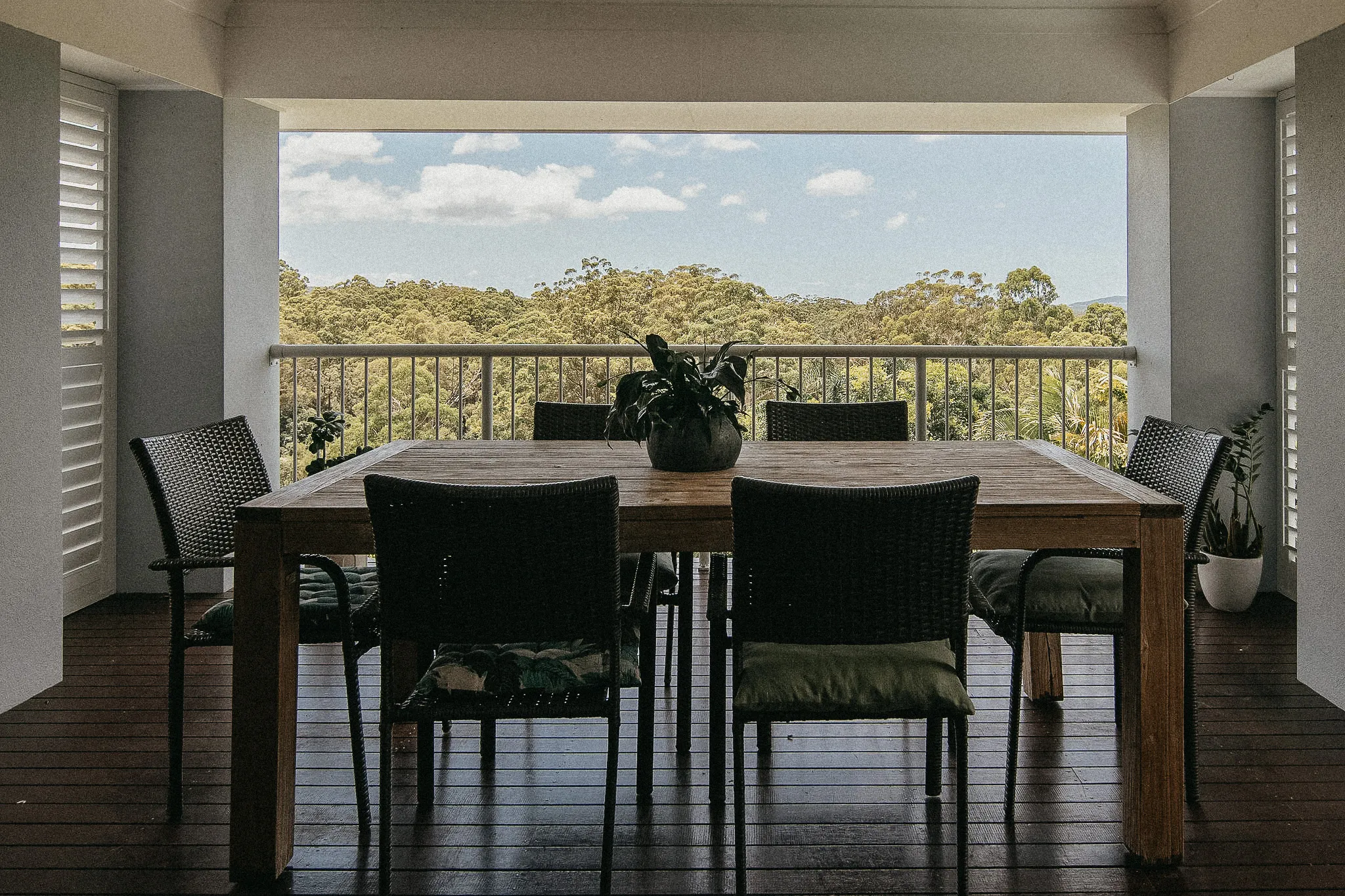
Anorexia
Our personalised, one-on-one programs gently address the emotional, psychological, and physical drivers of anorexia – supporting lasting recovery and self-acceptance.
Care that goes beyond food — restoring mind, body, and self.
Anorexia is never just about eating. It’s often rooted in deeper patterns of control, perfectionism, anxiety, and self-worth. Our one-on-one residential programs provide the safety, support, and clinical care needed to gently unpack those layers – helping you reconnect with your body, reclaim your voice, and take meaningful steps toward long-term recovery.
Reclaim your health and confidence.
Anorexia is never just about food.
It’s a deeply rooted condition shaped by perfectionism, control, trauma, and self-worth – often masked by restriction, routine, and a quiet sense of overwhelm. Whether it presents through severe calorie limitation, rigid food rules, or excessive exercise, anorexia can take hold gradually and invisibly, affecting every aspect of life.
Left untreated, it can lead to serious physical consequences, emotional exhaustion, and long-term disconnection from self and others. But with the right support, recovery is possible.
At Noosa Confidential, we offer tailored, one-on-one residential programs that address anorexia at the root, supporting the body’s healing, restoring emotional regulation, and rebuilding a positive relationship with food, self, and life.


Your journey to stability
Understanding Your Story
We begin with a full assessment of your eating behaviours, emotional history, physical health, and nervous system state. Your program is built around your unique relationship with food, body, and self — no assumptions, no stereotypes.
Rebuilding Safety in the Body
We stabilise the system through functional nutrition, gut support, and somatic therapies that calm the body and reduce internal chaos. Nature therapy, targeting prescriptive movement and equine work help restore a sense of safety and reconnection without force or fear.
Restoring Biological Balance
Disordered eating disrupts hormones, digestion, mood, and brain function. Through naturopathy, targeted nutrition, and supplementation, we replenish what’s been depleted and support long-term balance. By regulating mood and restoring brain function, we build the resilience needed for lasting recovery.
Healing the Relationship with Food & Self
Using evidence-based therapies like CBT-E, ACT, IFS, and trauma-informed body image work, we help you discover why control around food has become your coping mechanism and guide you to develop healthier, more effective ways to manage emotions. We work on rebuilding trust, emotional regulation, and identity - supporting you to eat, feel, and live free from shame and the need for control.
Aftercare
Recovery continues after you leave. Every client receives 12 months of structured aftercare, including a dedicated mentor for ongoing support, accountability, and real-world guidance - wherever life takes you.
What your program includes
Explore the evidence
Testimonials
FAQs
Understanding anorexia nervosa
Anorexia is a complex eating disorder rooted in more than just food or body image. This section answers common questions about how anorexia develops, how it’s treated, and how recovery can be supported in a compassionate, whole-person way.
How do I know if I or someone I love needs help?
Warning signs can include obsessive thoughts about food or body image, restrictive eating, bingeing or purging, rapid weight loss or gain, and withdrawal from social situations. If eating habits are affecting health or daily life, it’s worth seeking support.
Do you offer medical and nutritional support?
Yes. Our integrated team includes medical doctors, nurses, and qualified dietitians who work together to support both the physical and psychological aspects of eating disorder recovery.
Is the program suitable for people who don’t fit the ‘typical’ eating disorder profile?
Absolutely. Eating disorders affect people of all ages, genders, and body types. We tailor every program to the individual, not a diagnosis.
Will my treatment be private and confidential?
Yes. We are a discreet, private facility with a maximum of five guests at a time. Your care is one-on-one, and your privacy is respected at every stage.
Is anorexia dangerous even if I’m still functioning?
Yes. Even if you appear to be functioning outwardly, anorexia can cause serious harm to your heart, bones, hormones, and mental wellbeing. Early intervention is key.
How is anorexia treated at Noosa Confidential?
We use an integrated, non-judgemental approach tailored to the individual. This includes nutritional support, one-on-one therapy, body image work, trauma care, and structured support around food and health behaviours.
Why is residential treatment helpful for anorexia?
Living onsite allows for full immersion in a safe, supported environment where disordered behaviours can be gently disrupted and replaced with healthy, sustainable habits. It also gives space for emotional healing and professional oversight.
We’re here to help.
Let’s talk about how we can support you.









